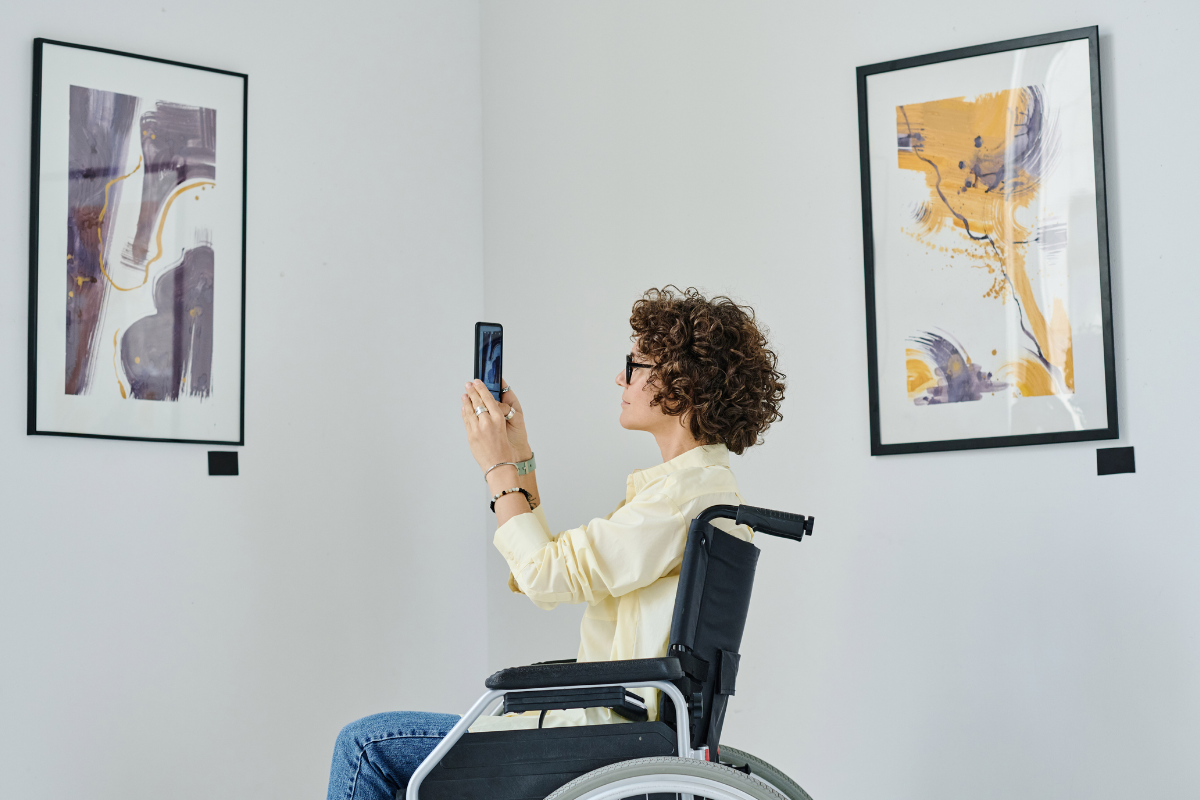
Photo: AnnaStills via iStock
Sensory-based project aims to improve museum access
Project to create new ‘sensory logic’ in museums, by considering the role the senses play in the collection and displaying of objects, in a bid to improve accessibility and inclusion.
Researchers across England are partnering with heritage organisations to deliver a £1m project which will rethink the role of the five senses in museums to improve accessibility and inclusion.
The Sensational Museum project, funded by the Arts and Humanities Research Council, will work with disabled and non-disabled visitors, as well as staff and sector organisations, to test new ways of accessing museum collections and cataloguing objects.
Over a 27-month period beginning in April, it will explore how museums can utilise the senses to manage objects in their collection and communicate the stories of these objects in exhibitions to the public.
READ MORE:
- Museums’ dirty secret: a failure to shift the dial on inclusion
- UK’s largest museum collaboration plans to inspire children
According to project lead Professor Hannah Thompson, from Royal Holloway, University of London, the project “aims to give all visitors inclusive, engaging, enjoyable and memorable experiences”.
“Many people want or need to access and process information in ways that are not only – or not entirely – visual, but museums are very sight-dependent places,” Thompson said.
“Let’s imagine a museum experience that plays to whichever senses work best for you.”
Details on the project’s website state that while many museums provide access for people who cannot experience exhibitions in traditional ways, these methods often rely on access provision support, which “creates a dichotomy between ‘abled’ and ‘disabled’ museum visitors”.
The Sensational Museum plans to “address this systemic issue” by working with the assumption no specific sense is necessary or sufficient to work with or experience museum collections.
Planned research outcomes include preparing a new “sensory logic” and creating an “inclusive, co-creation toolkit and trans sensory data model and interface”, which will be piloted at museums across the UK.
Ross Parry, Director of the Institute for Digital Culture at the University of Leicester, explained the project will follow a museum object throughout its journey at a museum, from initial collection and entering, to its documentation and display within an exhibition.
“As we follow that object, we will be able to trace and evidence what gets imposed by our systems and practices – the moments when sensory assumptions are made in describing and recording the object, and in the way museum staff are assumed to interact with it,” Parry added.
“We have the opportunity, in other words, to re-imagine a new accessible form of collections management – both for people visiting and working in museums.”
Join the Discussion
You must be logged in to post a comment.